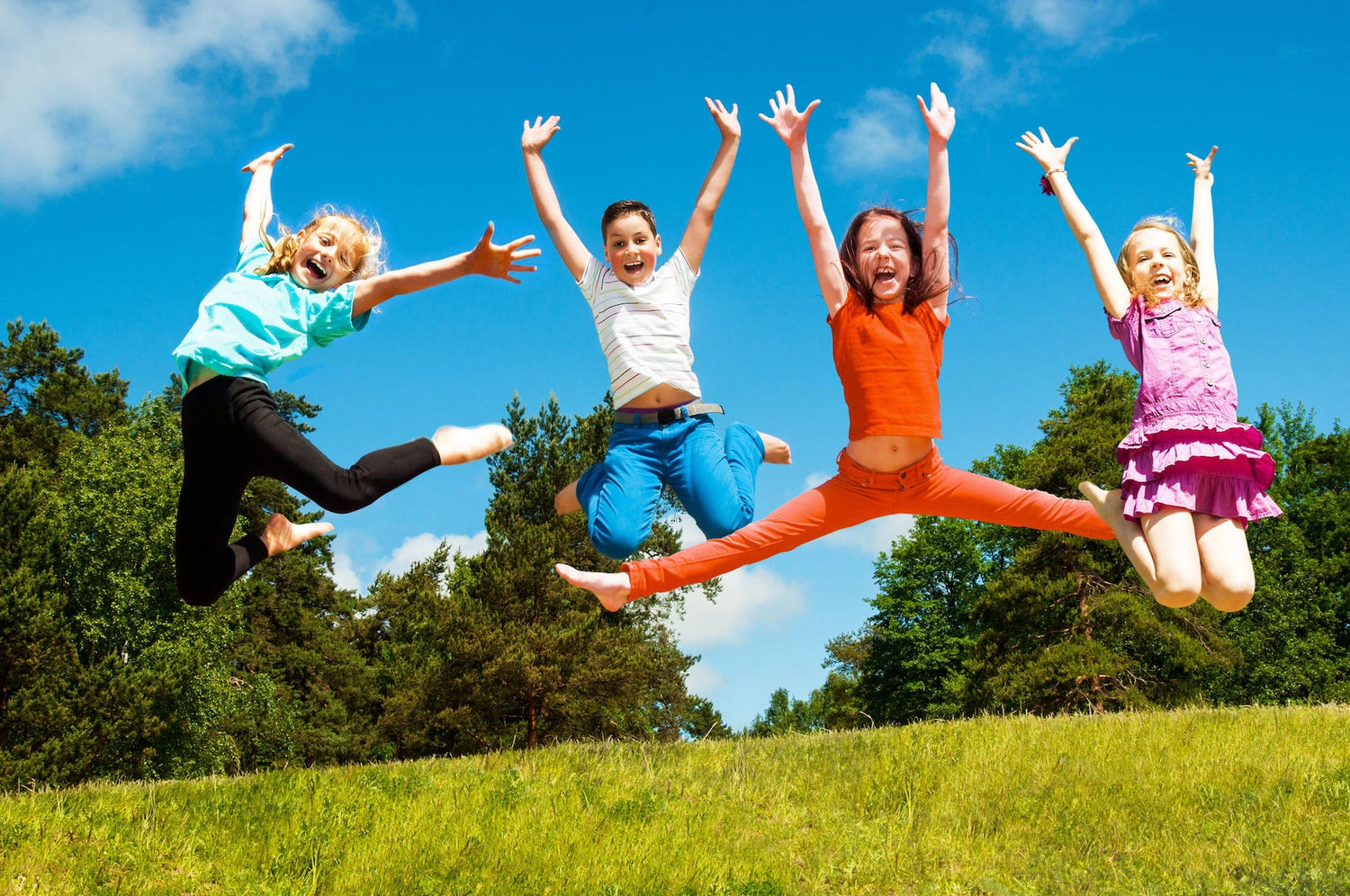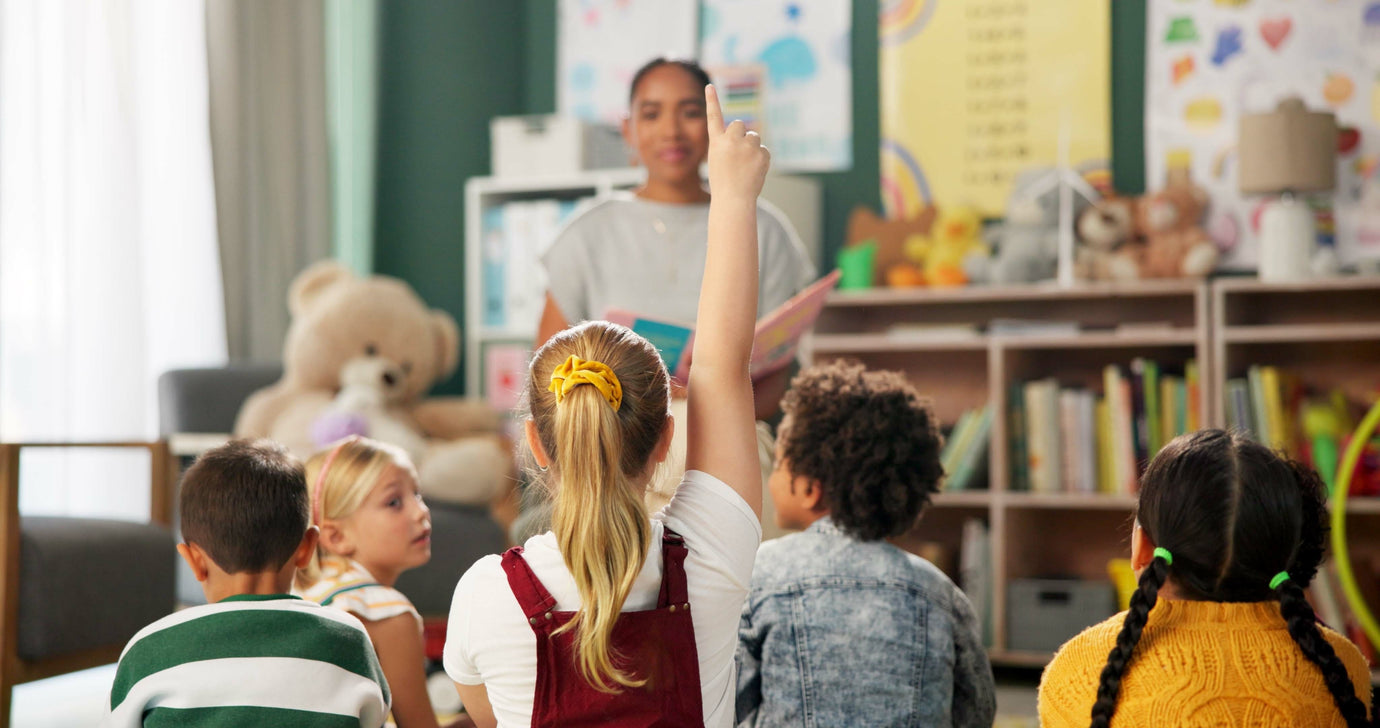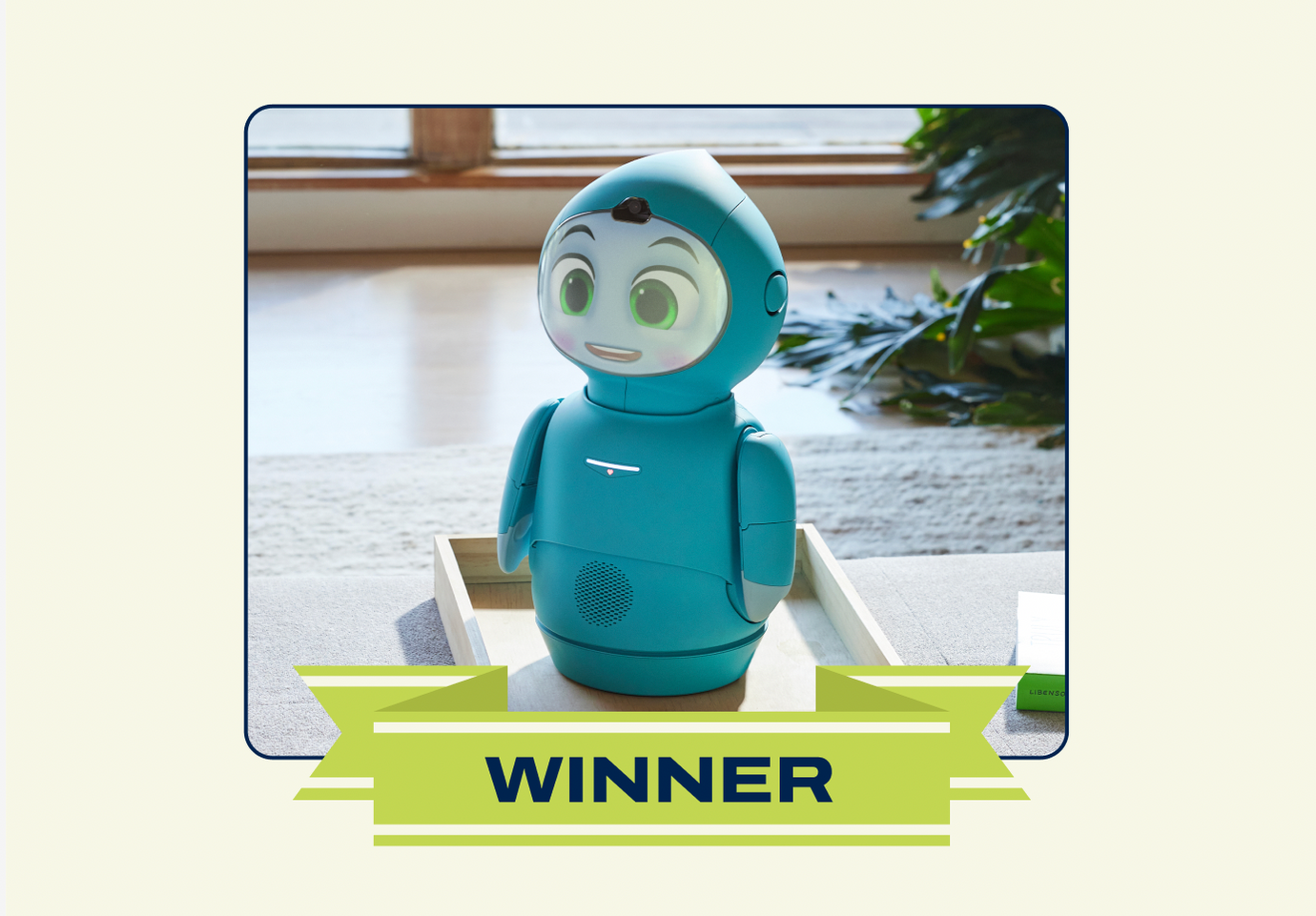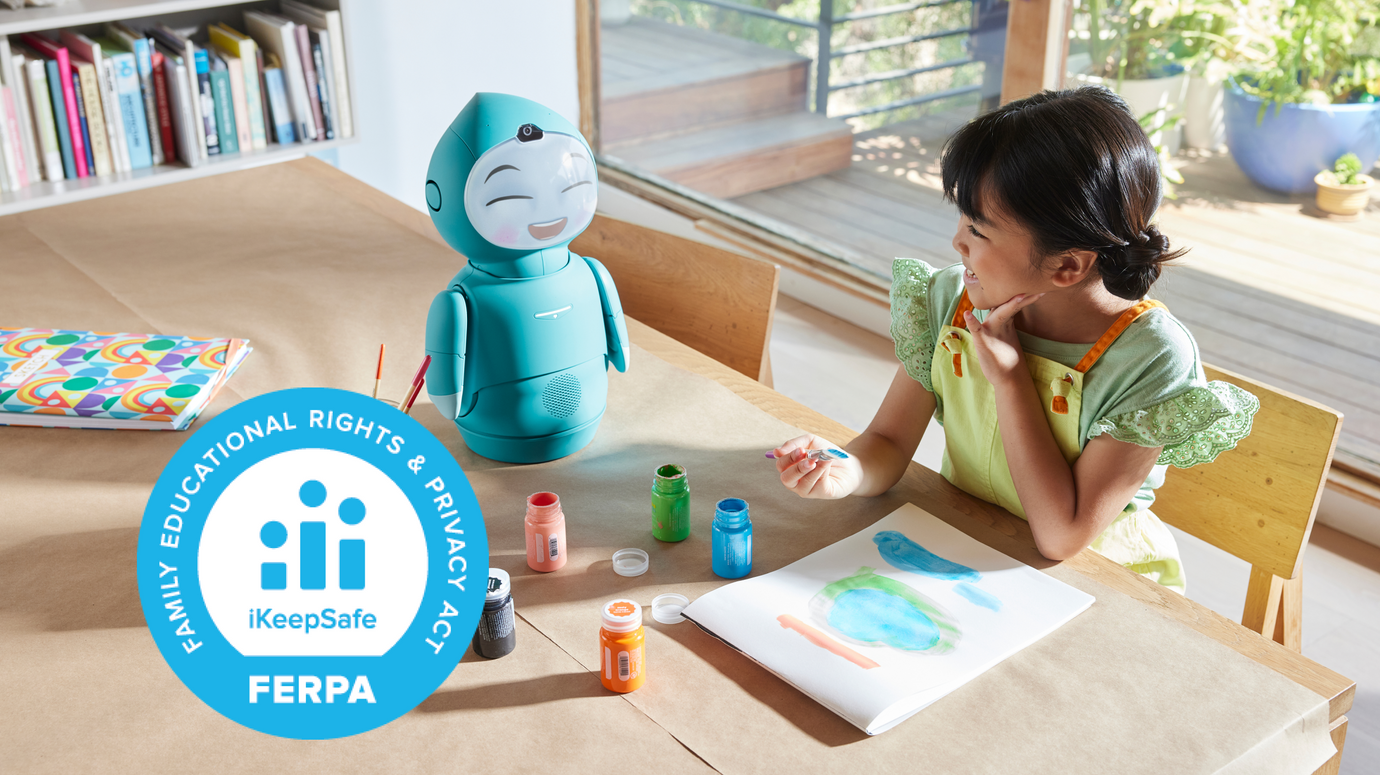How Exercise for Kids Improves Their Mental Health

The Mind Body Connection: Exercise to Improve Kids’ Brain Health
It shouldn’t be a surprise to anyone that there are many benefits to staying physically active. Among other things, exercise keeps our body strong, our heart healthy, and reduces the risk of a variety of diseases. But those benefits go beyond just keeping our bodies in good shape. Physical activity also has a positive impact on our brain health!
There has been lots of research with adults to show that exercise and activity can improve many aspects of our life experience, including cognition and sleep as well as reduce anxiety and the risk of dementia and depression.
Compared to adults, there hasn’t been quite as much research on the effects of physical activity on mental health in kids, but overall it’s clear that being active has benefits for kids too. Research results range from suggesting that exercise is a powerful way to improve kids’ cognition, mood, and emotional wellbeing to that it can have an impact on reducing the risk of depression. So, given that even the worst case scenario is still pretty good, it’s a no-brainer that physical activity is good for kids’ bodies and minds. Let’s take a closer look:
A Closer Look of Where Exercise Goes Beyond Physical Health to Mental Health
How does exercise benefit brain health?
Improved cognition
Multiple studies with kids between 6 and 13 years of age have found that physical activity improved performance on academic achievement tests, processing speed, memory, and executive function (or in other words, the skills necessary for learning, solving problems, and self-control). These benefits can be seen in the short term. That is, right after kids have been physically active they are able to think and pay attention better. But, there are also long-term benefits. Kids who are active on a regular basis have, on average, better academic performance. And this may also be the case for younger kids as well: there’s some evidence to suggest that physical activity has similar cognitive benefits for kids under age 5.
Improved mood
Less depression and anxiety, better emotional well being. Big reviews of multiple studies of kids from age 6 to 18 years of age show that more exercise is related to less depression, stress, and psychological distress. Physical activity is also linked to a more positive self-image, better life satisfaction and psychological well being.
Just as with the benefits to cognition, these emotional wellbeing benefits can occur immediately after each single instance of physical activity. That is, after an individual exercise session, for example, kids can experience reduced levels of anxiety. And benefits such as reduced anxiety and depressive symptoms also seem to come with habitual, regular exercise over the long term. One study even found that kids who got more exercise at 6- to 8-year of age had fewer symptoms of depression when tested two years later.
What’s really cool is that some of this research could suggest that physical activity has similar effects on symptoms of depression as do antidepressant medications or talk therapy. There’s certainly room for many approaches to improving kids’ mental health. But think about how great it is to get real benefits from something as easy as putting on an exercise video or getting outside for a walk, run, or bike ride!
Why Does Exercise Benefit Brain Health?
There are many possible reasons that can give clues as to why physical activity has such an amazing positive impact on kids’ brain health.
One explanation has to do with brain chemistry. For example, exercise increases levels of brain chemicals like beta-endorphins and serotonin. Beta-endorphins are a strong feel-good chemical. In fact, some would say beta-endorphins are so strong that they’re hundreds of times more potent than morphine! Serotonin is another feel-good chemical that can support general feelings of wellbeing and reduce depression.
Other possible explanations include that physical activity makes your body strong and gives kids more energy. All of that can contribute towards kids feeling better about themselves and can increase their sense of control, self-esteem, competence, and resilience. Exercise can also serve as a distraction from bothersome issues or thoughts, an outlet for frustrations. Exercise is a way to try new things, and perhaps find something fun to do. And, some types of exercise, such as group sports, are a way to encourage kids to spend time with others, which can also make them feel good.
How Do I Start?
Ready to take that next step towards encouraging your kids to get more physical activity? A good place to start is with yourself. Model an active lifestyle. Let them see how you incorporate physical activity into your day, whether it’s through going out the park for a walk, taking the stairs instead of the elevator, going to the gym, playing a sport, or taking a fitness class.
Remember to focus on the fun. What does your kid like to do? Find ways to incorporate that into a routine or a way to get moving. In addition to some of the obvious ways to get moving (like join a sports team or take a dance class), you can consider doing a workout video, playing charades to act out different sports, or moving around the house to imitate a variety of animals.
Think about how you and your kids can get more movement out of normal routine things. Choose a time to walk instead of drive. Establish a family routine of having a quick dance party before dinner. Add some pep in your step while you all do household chores. Run up and down the stairs in your house or apartment building. And if you need to add a bit of spice to make it exciting, make it all into a friendly family competition.







